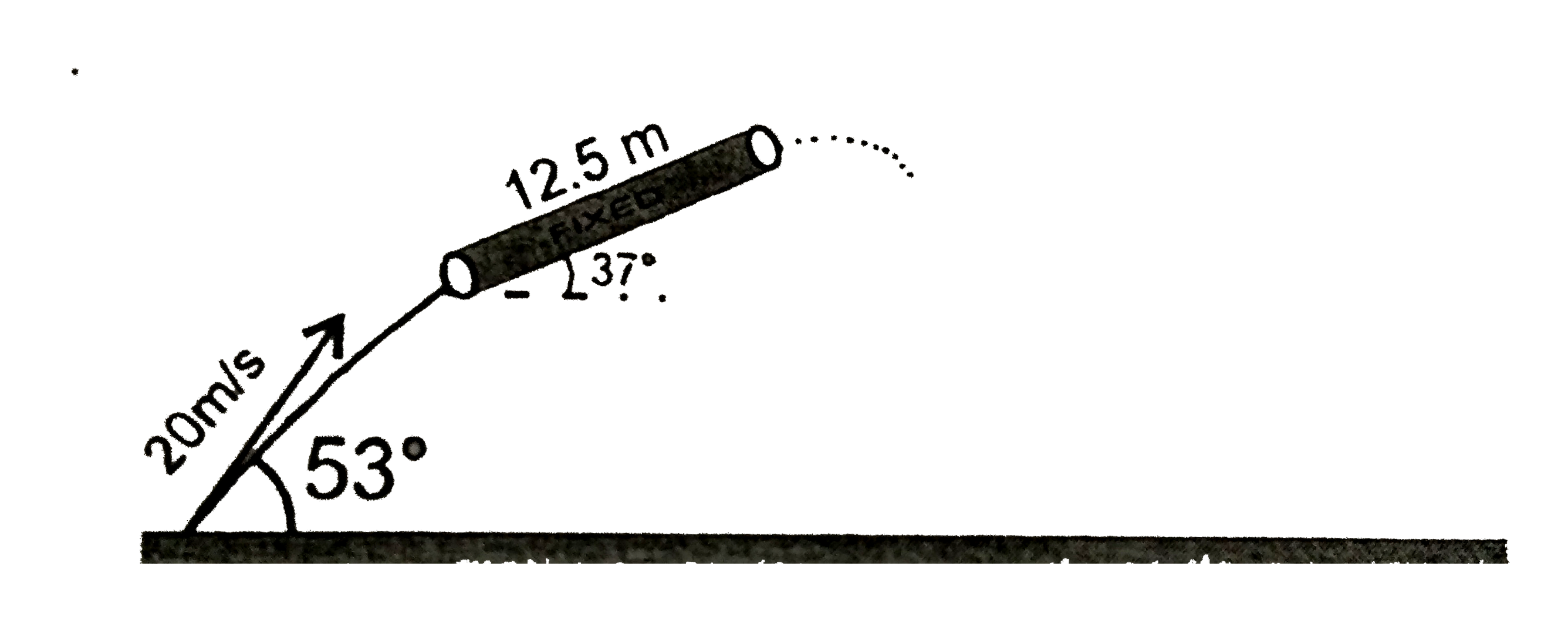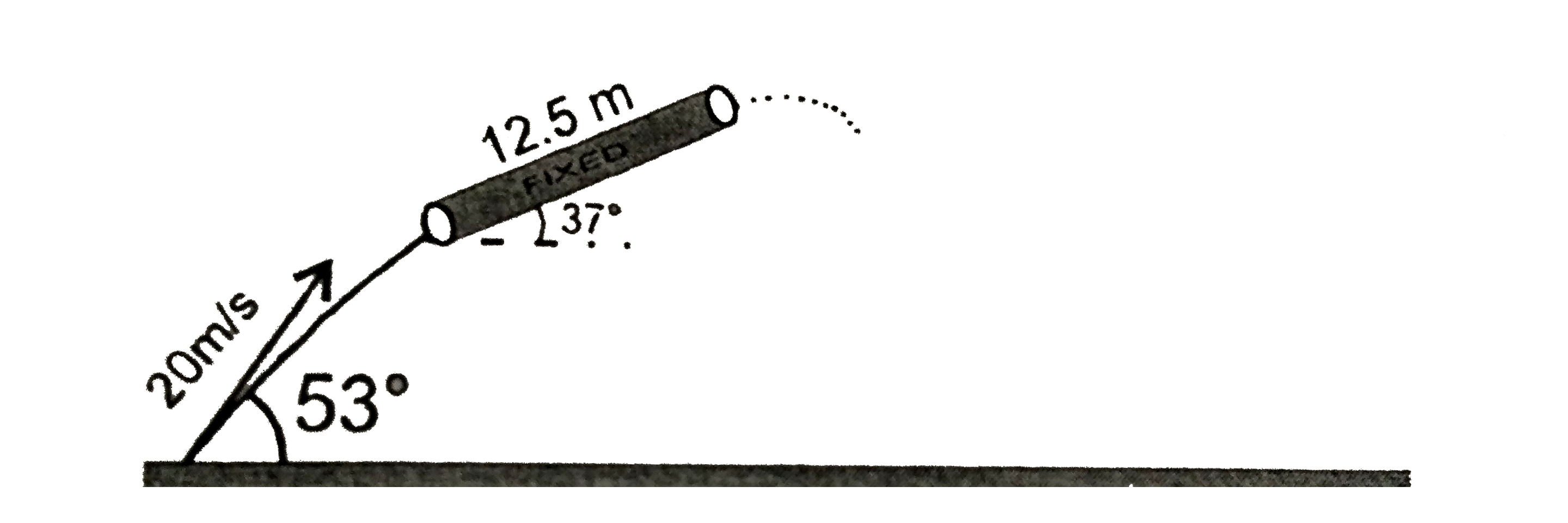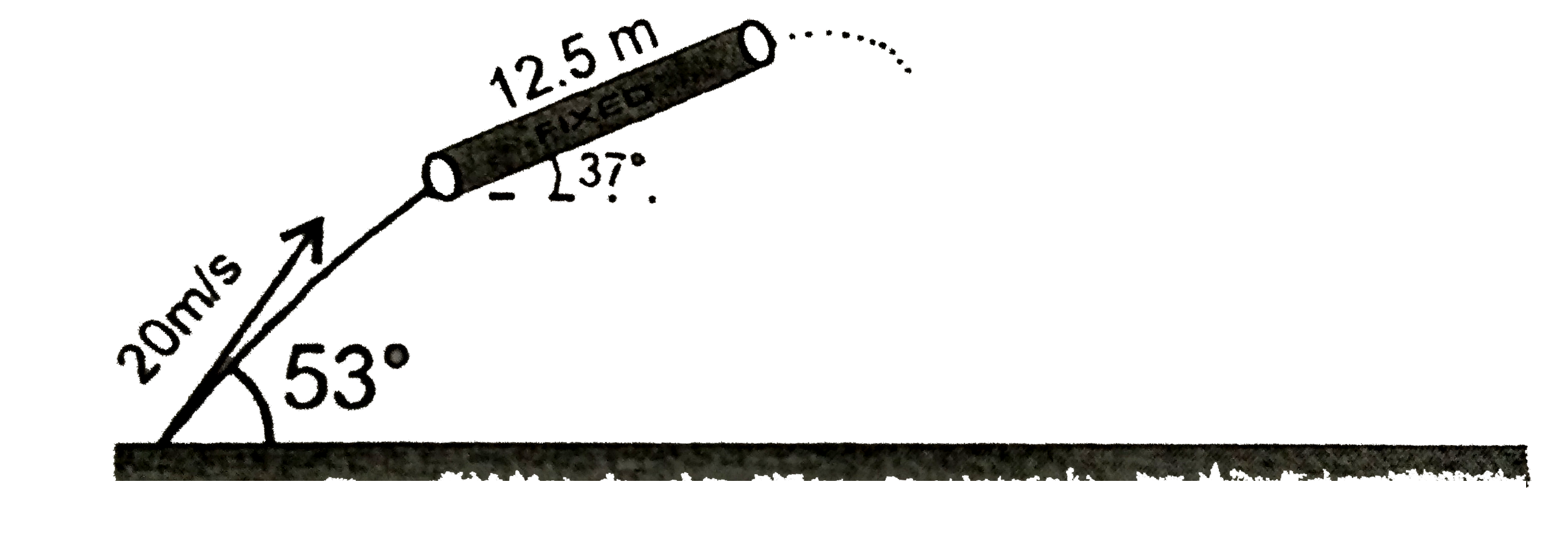The cambium which produces cork is known as
Or
The common bottle cork is a porduct of
Or
The meristem that is parallel to the longitudinal axis of the plant is
Xylem
Vascular Cambium
Dermatogen
Phellogen
The correct Answer is:D
Step by step video, text & image solution for The cambium which produces cork is known as Or The common bottle cork is a porduct of Or The meristem that is parallel to the longitudinal axis of the plant is by Biology experts to help you in doubts & scoring excellent marks in Class 12 exams.
Topper's Solved these Questions
- BOOK - MOTIONCHAPTER - ANATOMY OF FLOWERING PLANTSEXERCISE - Excercise - 4 AIIMS | Assertion & Reason Questions34videos
ANATOMY OF FLOWERING PLANTS
- BOOK - MOTIONCHAPTER - ANATOMY OF FLOWERING PLANTSEXERCISE - Excercise - 2 NCERT Based Questions25videos
ANATOMY OF FLOWERING PLANTS
- BOOK - MOTIONCHAPTER - ANIMAL KINGDOMEXERCISE - EXERCISE (AIIMS | Assertion & Reason Questions) AIIMS – 201427videos
ANIMAL KINGDOM
Similar Questions
Which meristem is responsible for longitudinal growth in plants?
View SolutionA uniform cylinder of radius 12 cm and mass 25 kg is mounted so as to rotate freely about a horizontal axis that is parallel to and 5.0 cm from the central longitudinal axis of the cylinder. (a) What is the rotational inertia of the cylinder about the axis of rotation? (b) If the cyliner is released from rest with its central longitudinal axis at the same height as the axis about which the cylinder rotates, what is the angular speed of the cylinder as it passes through its lowest position?
View Solution
Knowledge Check
- Question 1 - Select One
The common bottle cork is a product of:
AVascular CambiumBDermatogenCPhellogenDXylem - Question 2 - Select One
The common bottle cork is a product of:
ADermatogenBPhellogenCXylemDVascular Cambium - Question 3 - Select One
Cork is commonly used for sealing bottles. It is produced by
AdermatogenBphellogenCxylemDvascular cambium
Two unequal parabolas have the same common axis which is the x-axis and have the same vertex which is the origin with their concavities in opposite direction. If a variable line parallel to the common axis meet the parabolas in P and P' the locus of the middle point of PP' is
View SolutionA particle of mass 0.1kg is launched at an angle of 53∘ with the horizontal . The particle enters a fixed rough hollow tube whose length is slightly less than 12.5m and which is inclined at an angle of 37∘ with the horizontal as shown in figure. It is known that the velocity of ball when it enters the tube is parallel to the axis of the tube. The coefficient of friction betweent the particle and tube inside the tube is μ=38[ Take g=10m/g2]

The velocity of the particle as it enters the tube is :View SolutionA particle of mass 0.1kg is launched at an angle of 53∘ with the horizontal . The particle enters a fixed rough hollow tube whose length is slightly less than 12.5m and which is inclined at an angle of 37∘ with the horizontal as shown in figure. It is known that the velocity of ball when it enters the tube is parallel to the axis of the tube. The coefficient of friction betweent the particle and tube inside the tube is μ=38[ Take g=10m/g2]

The kinetic energy of the particle when it comes out of the tube is approximately equal to :View SolutionWhich one is correct about the cork cambium / phellogen?
View SolutionA particle of mass 0.1kg is launched at an angle of 53∘ with the horizontal . The particle enters a fixed rough hollow tube whose length is slightly less than 12.5m and which is inclined at an angle of 37∘ with the horizontal as shown in figure. It is known that the velocity of ball when it enters the tube is parallel to the axis of the tube. The coefficient of friction betweent the particle and tube inside the tube is μ=38[ Take g=10m/g2]

The distance from the point of projection where the particle will land on the horizontal plane after coming out from the tube is approximately equal to :View Solution

